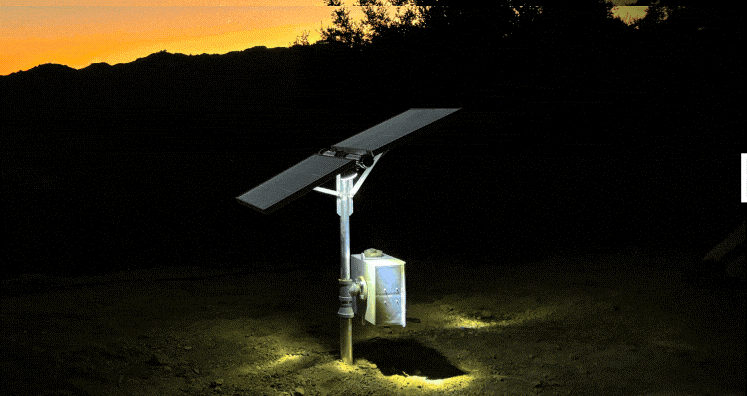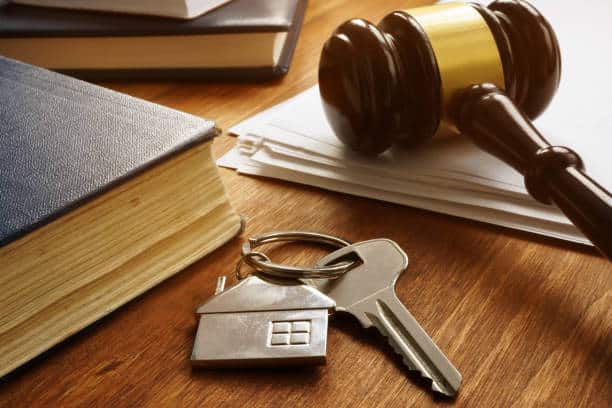Buying land can be an exciting opportunity. Whether you want to build a home, start a farm, or just own a piece of nature, there’s something special about having your own land.
Types of Land for Sale
There are many kinds of land you can buy. Each type is good for different things:
- Residential Land
This is land where you can build a house. It’s usually close to towns or cities and has access to things like electricity and water. Residential land is great if you want to build your dream home.
- Agricultural Land
Farmland is for growing crops or raising animals. It’s often cheaper than residential land but may be far from cities. If you want to start a farm or garden, this could be a good choice.
- Recreational Land
This land is for fun activities like camping, hunting, or hiking. It might have forests, lakes, or mountains. People buy this kind of land to enjoy nature and outdoor hobbies.
- Commercial Land
You can build businesses on commercial land. It’s usually in busy areas with lots of people nearby. If you want to start a store or office, you’d look for this type of land.
- Undeveloped Land
This is raw land that hasn’t been used for anything yet. It might not have roads or utilities. Undeveloped land can be cheap, but you may need to spend money to make it usable.
What to Look for When Buying Land
When you’re looking at land for sale, there are important things to check:
Location
Where the land is matters a lot. Think about:
- How close it is to towns, schools, and stores
- If there are good roads to get there
- What the neighborhood is like
- If it’s in a place that might flood or have other natural dangers
The right location depends on what you want to do with the land. For example, if you want to build a house, you might want to be close to a town. But if you want a quiet farm, being far from the city might be better.
Zoning and Land Use Rules
Every piece of land has rules about how you can use it. These are called zoning laws. They say things like:
- What kind of buildings you can put on the land
- How big those buildings can be
- If you can have animals or grow crops
- If you can run a business there
Make sure the land’s zoning fits with your plans. You don’t want to buy land for a farm only to find out you’re not allowed to have animals there.
Utilities and Access
Check if the land has:
- Electricity
- Water (either city water or a well)
- Sewer system or septic tank
- Internet and phone service
Also, see if there’s a good way to get to the land. Is there a road? Do you have the right to use that road? Land without good access or utilities can be hard to use and expensive to improve.
Soil and Topography
The type of soil and shape of the land are important. They affect what you can do with the land. For example:
- Sandy soil might not be good for farming
- Very hilly land can be hard to build on
- Low spots might flood when it rains a lot
You might need to hire an expert to test the soil if you plan to build or farm on the land.
Natural Resources
Some land has valuable natural resources like:
- Trees you could sell for lumber
- Oil or gas underground
- Good soil for farming
- A water source like a stream or spring
These can make the land more valuable or useful for certain projects.
Environmental Concerns
Be aware of any environmental issues with the land:
- Is it in a flood zone?
- Are there protected animals or plants living there?
- Is there pollution from old factories nearby?
These issues can affect what you’re allowed to do with the land and how much it’s worth.
Steps to Buying Land
Here’s a simple guide to buying land:
- Decide What You Want
Think about why you want to buy land and what you’ll use it for. This will help you know what kind of land to look for.
- Set a Budget
Figure out how much you can spend. Remember to include extra costs like surveys, taxes, and any work you’ll need to do on the land.
- Start Your Search
- Look for land in the areas you like. You can:
- Use websites that list land for sale
- Drive around and look for “For Sale” signs
- Talk to a real estate agent who knows about land sales
One helpful resource for finding land is https://www.landhub.com. This website has lots of listings for different types of land across the country.
- Visit the Land
Always go see the land in person before you buy it. Walk around, take pictures, and get a feel for the place. Visit at different times of day to see what it’s like.
- Research the Property
Do your homework on any land you’re serious about:
- Check the zoning laws
- Look at the property’s history
- Find out about any liens or legal issues
- Get a professional survey done
- Make an Offer
When you find land you like, make an offer to the seller. This is usually done through a real estate agent. Be ready to negotiate the price.
- Get an Inspection
Have a professional look at the land. They can spot problems you might miss and tell you if the land is good for what you want to do.
- Close the Deal
If everything looks good, you’ll sign papers and pay for the land. This is usually done with a lawyer or title company to make sure everything is legal.
Financing Your Land Purchase
Buying land can be expensive. Here are some ways to pay for it:
Cash
If you have enough money saved up, you can buy the land outright. This is the simplest way, but not everyone can afford it.
Land Loans
Banks and credit unions offer loans specifically for buying land. These usually have higher interest rates and require a bigger down payment than home loans.
Owner Financing
Sometimes the person selling the land will let you pay them over time, like a loan. This can be easier than getting a bank loan, but make sure you get a lawyer to check the agreement.
Home Equity Loan
If you already own a home, you might be able to borrow money against its value to buy land.
USDA Loans
The US Department of Agriculture has loans for buying rural land. These can have good terms if you qualify.
Common Mistakes to Avoid
When buying land, watch out for these common problems:
Not Checking Access
Make sure you have a legal right to get to the land. Some properties don’t have direct road access, which can be a big problem.
Ignoring Future Plans for the Area
Look into any plans for new roads, buildings, or other changes near the land. These could affect the value and how you can use it.
Skipping the Survey
Always get a professional survey. It shows exactly where the property lines are and can reveal issues with the land.
Underestimating Costs
Building on raw land can be expensive. Make sure you know all the costs involved, like bringing in utilities or building roads.
Not Understanding Zoning
Zoning laws can change. Make sure you know what’s allowed now and if there are any planned changes.
Rushing the Purchase
Take your time and do your research. It’s better to be careful than to end up with land you can’t use.
Conclusion
Buying land can be a great investment and a way to make your dreams come true. Whether you want to build a home, start a business, or just enjoy nature, there’s land out there for you. Remember to do your research, understand what you’re buying, and think about your long-term plans. With careful planning and the right information, you can find the perfect piece of land for your needs.
Copyright © 2024 California Business Journal. All Rights Reserved.




